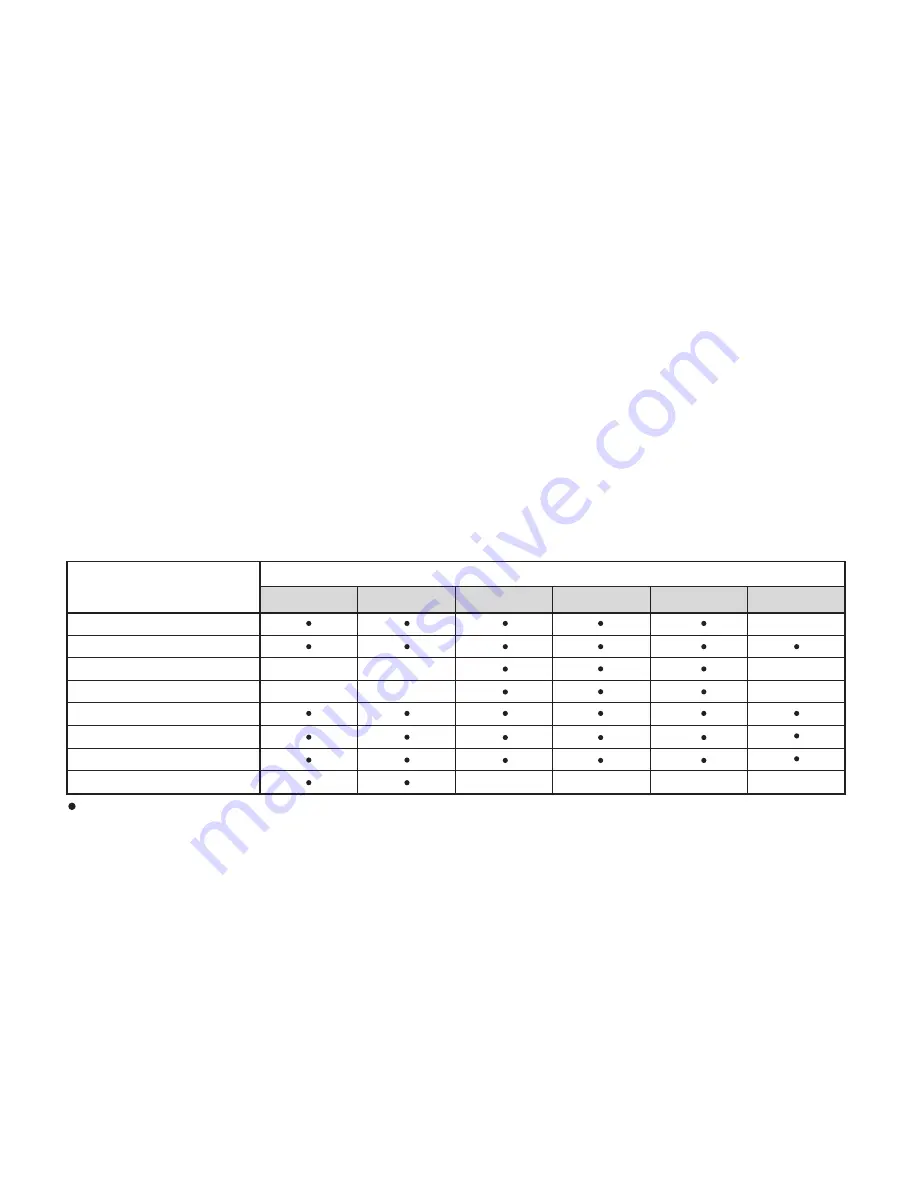
19
most suitable values.
However, if the image is not perfectly centralised it may prove
useful to request the system to repeat the input signal analysis
and image positioning, calling the automatic control procedu-
re from the AUTO button on the remote control or keypad. When
this procedure is called it is helpful to have a white or light
coloured background on the screen in the current picture.
FREQUENCY/PHASE
These adjustments, available for progressive signals and for
signals from PC, ensure correspondence between the number
of pixels making up the signal and the number of pixels making
up the projected image.
These parameters do not normally require adjustment because
the system checks the input signal and automatically sets the
most suitable values.
However, if the image appears disturbed (loss of position within
the equidistant vertical bands or instability and lack of
sharpness on the narrow vertical lines) it may help to prompt
the system to repeat the input signal analysis and determination
of the best parameters by calling the automatic adjustment
procedure with the AUTO
key on the remote control or on the
keypad.
If the automatic procedure fails to have the required effect, enter
the frequency and phase values manually and approach the
screen sufficiently to observe the effects of the adjustments.
Y / C DELAY
In the case of Video and S-Video signals, it may be necessary
to correct horizontal colour misalignment within the projected
image. For a given video standard (e.g. PAL or NTSC) the stored
value does not normally require further fine-tuning, unless the
source or connection cable has changed.
POSITION
ASPECT
Video
S-Video
RGBS
YCrCb
Graphic RGB
RGBS 15kHz
YCrCb 15kHz
ADJUSTEMENTS
INPUTS
FREQUENCY
-
-
-
-
-
PHASE
COLOR TEMPERATURE
GAMMA CORRECTION
OVERSCAN
Y/C DELAY
-
-
-
-
-
-
-
Adjustable/can be set
Not adjustable/can not be set
DIGITAL INPUT
TABLE 2 INPUT SIGNALS AND ADJUSTABLE/SETTING ITEMS






























